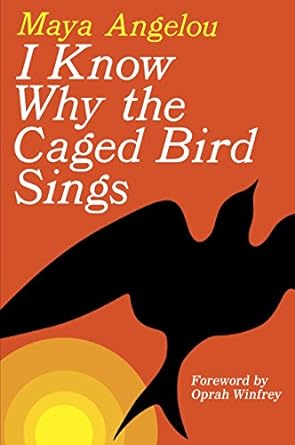
Category: African-American & Black Interest
Regular price: $12.99
Deal price: $1.99
Deal starts: October 06, 2024
Deal ends: October 06, 2024
New York Times–Bestseller and Hooks National Book Award Winner: “A riveting biography of a groundbreaking African American journalist.” —O, The Oprah Magazine In the 1950s and 1960s, pioneering journalist Ethel Lois Payne, Washington correspondent for the Chicago Defender, elevated civil rights issues to the national agenda. She raised challenging questions at presidential press conferences about matters of importance to African Americans. She publicly prodded President Dwight D. Eisenhower to support desegregation, and her reporting on legislative and judicial civil rights battles enlightened and motivated black readers. At some considerable personal risk, Payne covered such events as the Montgomery bus boycott, the desegregation of the University of Alabama, and the Little Rock school crisis. She also traveled overseas to write about the service of black troops in Vietnam and accompanied American leaders on diplomatic missions to Africa. President Lyndon B. Johnson recognized Payne’s seminal role by presenting her with pens used in the signing of the Civil Rights Act and the Voting Rights Act. As a trailblazing black woman in an industry dominated by white men, she capped her career by becoming the first female African American radio and television commentator on a national network, working for CBS. From Alabama to Ghana, from Indonesia to Vietnam, her reporting eschewed the emotionless objective style coveted by mainstream publications of her time. She became for many black Americans their eyes on the frontlines of the struggle for equality. Inspiring and instructive, Eye on the Struggle celebrates this extraordinary woman and her achievements—and reminds us of the power one person has to transform our lives and our world. “Beautifully written and carefully researched.” —Chicago Tribune “A fast-paced tour through the highlights of 20th-century African American history, with Payne as witness.” —The Boston Globe “Engrossing.” —The New York Times





